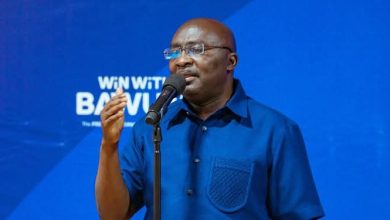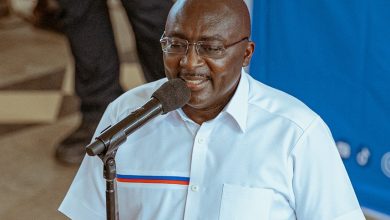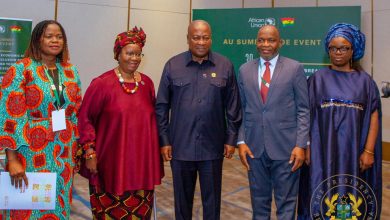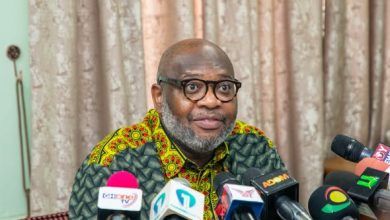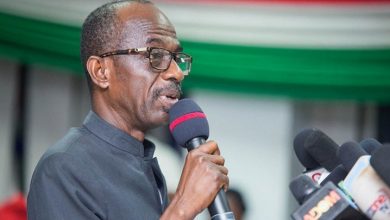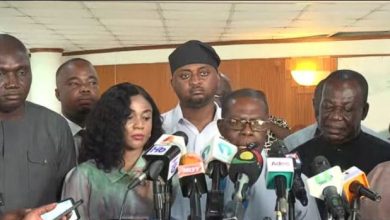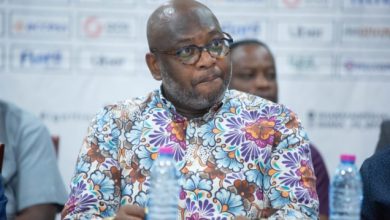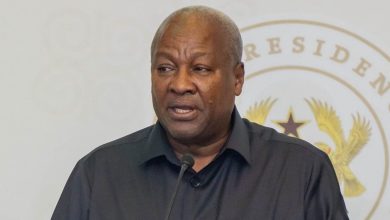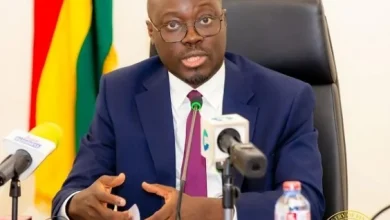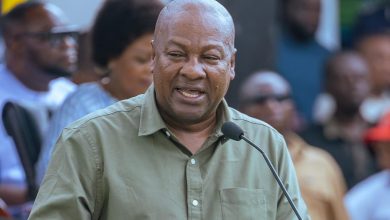Gold-For-Oil policy stabilises cedi, reduces fuel prices – Finance Minister
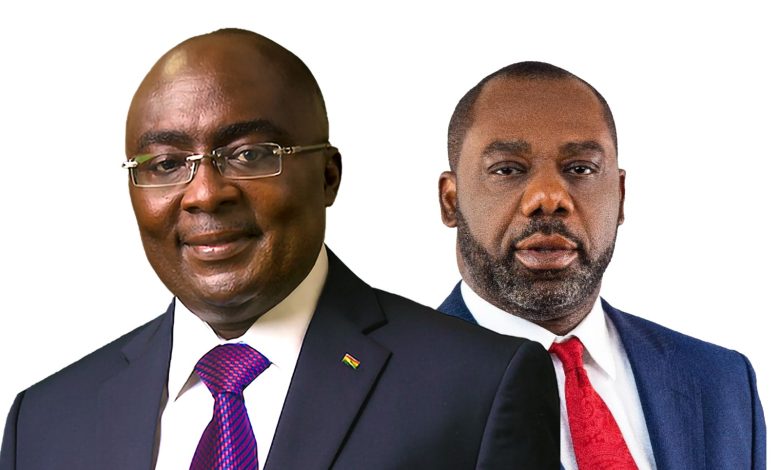
The Gold-For-Oil (G4O) programme has significantly contributed to the stabilisation of the cedi/dollar exchange rate and reduction in fuel prices.
The Minister of Finance, Ken Ofori-Atta, who made this known when he delivered the 2024 Budget Statement and Economic Policy of the government, on the floor of Parliament on Wednesday, November 15, 2023, said from 17 Ghana cedis to a dollar in November 2022, the exchange rate has dropped to 12 Ghana cedis to a dollar in November 2023.
He said there has also been a reduction in the ex-pump price of diesel from 23 Ghana cedis per litre to 12 Ghana cedis per litre within the same period.
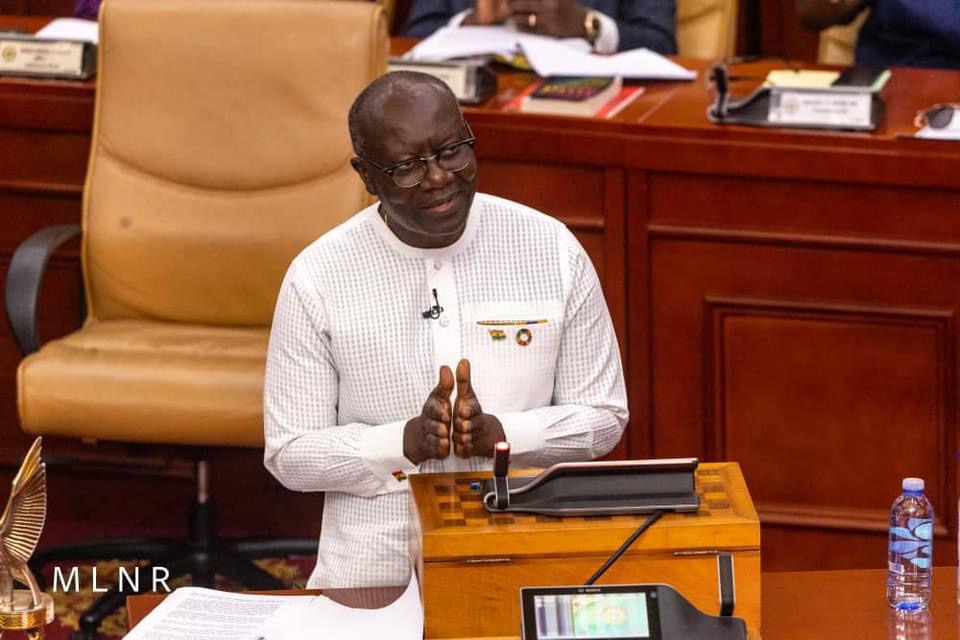
Policy background
Giving a background of the G4O policy, the minister said, the government introduced it in 2022 to help bring sanity into the economy.
The policy, which leverages the Bank of Ghana’s domestic gold purchase programme is intended to provide foreign exchange financing for the importation of petroleum products and help reduce demand for US dollars from the Bulk Import Distribution and Export Companies (BIDECs) who would have otherwise gone to the market to source forex for the importation of petroleum products.
Purchases
“Mr Speaker, since then, under the gold for reserves programme, the Bank of Ghana has purchased a total amount of 17.89 tons ($1.14 billion) of gold to boost its gold reserves.
“In addition, under the G4O programme, 23 cargoes (circa 800,000 metric tonnes) of Gasoline and Gasoil, equivalent to 30 percent of national consumption, have so far been imported,” Mr Ofori-Atta stated.
Scale up
The minister indicated that, the plan is to scale up the programme to cover 50 percent of national consumption.
“These interventions have boosted gross reserves of the Bank of Ghana and helped reduce foreign exchange pressures emanating from BIDECs by reducing their dependance on the foreign exchange interbank market thereby leading to a more stable cedi and ex-pump petroleum prices this year,” he said.
Independent Power Producers (IPPS)
Touching on the government’s engagement with IPPs, Mr Ofori-Atta said the continuous engagements have been positive and constructive.
“Engagements have centered on the sustainability of Ghana’s energy sector, as well as the restructuring of legacy IPPs debt and power purchase agreements (PPAs); future-proofing timely payments to IPPs going forward; and the implementation of critically needed energy sector reforms. Government aims to finalise commercial agreements with key IPPs in the coming weeks,” he said.
“ Mr Speaker, government remains mindful and appreciative of the continuing commitment on the part of IPPs not only to supporting Ghana’s power sector but also to collaborating with government and the Electricity Company of Ghana to achieve a sustainable future for the sector, while shoring up Ghana’s reputation as a compelling investment destination.”
Keeping lights on
The minister stated that, in line with the goal to achieve universal access to electricity by 2024, a total of 189 communities have been connected to the national grid, with 211 communities at various stages of completion. “The national electricity access is estimated at 88.85 percent as at third quarter, 2023, and our goal is to exceed a 90% mark by year end 2024,” he told the House.
Mr Ofori-Atta said the government has invested 32.7 billion Ghana cedis to keep the lights on and support the growth of businesses.

